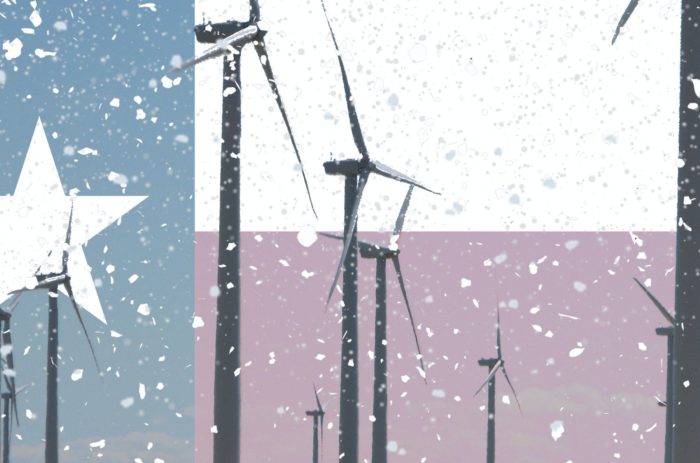
print Print...
History gives us a sense of proportion, he says: “It’s an antidote to a lot of unfortunately human trends like self-importance and self-pity.”
Mr. McCullough aims to spread that message in his latest book, “The American Spirit,” a collection of speeches that he’s given over the past few decades. Ranging over various topics, from presidential lives to storied places such as Carpenters’ Hall in Philadelphia (“one of the most eloquent buildings in all of America”), he calls on his readers to see history “as an aid to navigation in such troubled, uncertain times,” as he puts it in the introduction.
Mr. McCullough was born in Pittsburgh, the son of a businessman and a homemaker. After getting a degree in English at Yale University, he moved to New York, where he worked at magazines including Sports Illustrated. In the 1950s, “it was much easier to find a job than to find an apartment,” he says.
When President John F. Kennedy “called upon us to do something for our country, I took it to heart.” He moved to Washington, D.C., to work for the U.S. Information Agency, which supported U.S. foreign policy abroad and was then under the direction of the great broadcast journalist Edward R. Murrow.
There Mr. McCullough ran a magazine published for the Arab world, and he used to visit the Library of Congress and the Agriculture Department to search for material. One day, he ran across photographs of the 1889 Johnstown Flood, which occurred when the South Fork Dam broke in Johnstown, Pa., killing more than 2,200 people. “I could not believe the level of destruction in the photographs,” he says. Wanting to learn more, he borrowed a few books about the flood, but he quickly saw that they weren’t very good.
He thought back to something that the playwright and novelist Thornton Wilder had said while a fellow at Yale during Mr. McCullough’s undergraduate days. When Wilder heard a good story and wished to see it on the stage, he wrote the play himself. When he wanted to read a book about an interesting event, he wrote it himself.
He continues to take a similar approach to his subject matter. “I have never undertaken a subject about which I knew very much,” he says. “I tell that to my academic friends, and they just think that’s pitiful, but if I knew all about it, I wouldn’t want to write the book.”
One book can lead to the next. When he was working on “The Path Between the Seas” (1977), about the making of the Panama Canal, he became intrigued by Theodore Roosevelt and “how this frightened little boy turned into the essence of masculine vigor,” he says. In 1981, he published “Mornings on Horseback,” about Roosevelt’s life.
Beyond writing, Mr. McCullough is also known for his rich, deep voice. His audio career started when filmmaker Ken Burns interviewed him for a 1981 documentary on the Brooklyn Bridge. Mr. Burns was so taken with his voice that he asked Mr. McCullough to narrate the whole film. He has since narrated many documentaries and served as the host of “American Experience” on PBS from 1988 to 1999.
Even today, Mr. McCullough doesn’t use a computer for research or writing. He still goes to libraries and archives to find primary sources and writes on a typewriter. He lives in Hingham, Mass., with his wife, Rosalee, who edits his work and often reads his drafts out loud to him so that he can hear how they will sound to a reader. They have five grown children and 19 grandchildren. For leisure, he enjoys painting and drawing.
Mr. McCullough is currently working on a book about settlers in the Old Northwest Territory, an area formed in the late 1700s including the lands that became the states of Ohio, Indiana, Illinois, Michigan and Wisconsin. The settlers fought wildcats and snakes and had difficulty farming the heavily forested land. Local Native Americans tried to drive them away with tactics such as killing all the wild game around the new towns the settlers tried to build. They also weathered floods and “virtually any adversity you can imagine,” he says. Almost all of them were veterans of the War of Independence who had been given the land in lieu of pay for their service.
Mr. McCullough laments the fact that students today don’t seem to be as interested in history as he was in his youth:
“I think in some ways I knew more American history when I finished grade school than many college students know today,” he says. “And that’s not their fault—that’s our fault.” History, he adds, is “often boiled down to statistics and dates and quotations that make it extremely boring.”
The key to generating interest, he says, is for professors and teachers to frame history as stories about people.
He takes comfort in the fact that great works of history remain widely available. “I do know this,” he says. “There are still more public libraries in this country than there are McDonald’s.”
David McCullough is an American author, narrator, historian, and lecturer. He is a two-time winner of the Pulitzer Prize and the National Book Award and a recipient of the Presidential Medal of Freedom, the United States’ highest civilian award.
Published April 14, 2017 at The Wall Street Journal. Reprinted here for educational purposes only. Visit the website at wsj .com.
Questions
1. Mr. McCullough believes that history gives us a sense of proportion. He explains: “It’s an antidote to a lot of unfortunately human trends like self-importance and self-pity.” What do you think of this assertion?
2. Mr. McCullough is a historian. He is the author of such books as the Pulitzer Prize-winning biographies “Truman” (1992) and “John Adams” (2001).
a) He writes about topics he is unfamiliar with. He said, “I have never undertaken a subject about which I knew very much. I tell that to my academic friends, and they just think that’s pitiful, but if I knew all about it, I wouldn’t want to write the book.” What do you think of this approach?
b) What method does he use to conduct research? and to write his books?
3. The purpose of an editorial/commentary is to explain, persuade, warn, criticize, entertain, praise or answer. What do you think is the purpose of Alexandra Wolfe’s editorial about David McCullough? Explain your answer.

